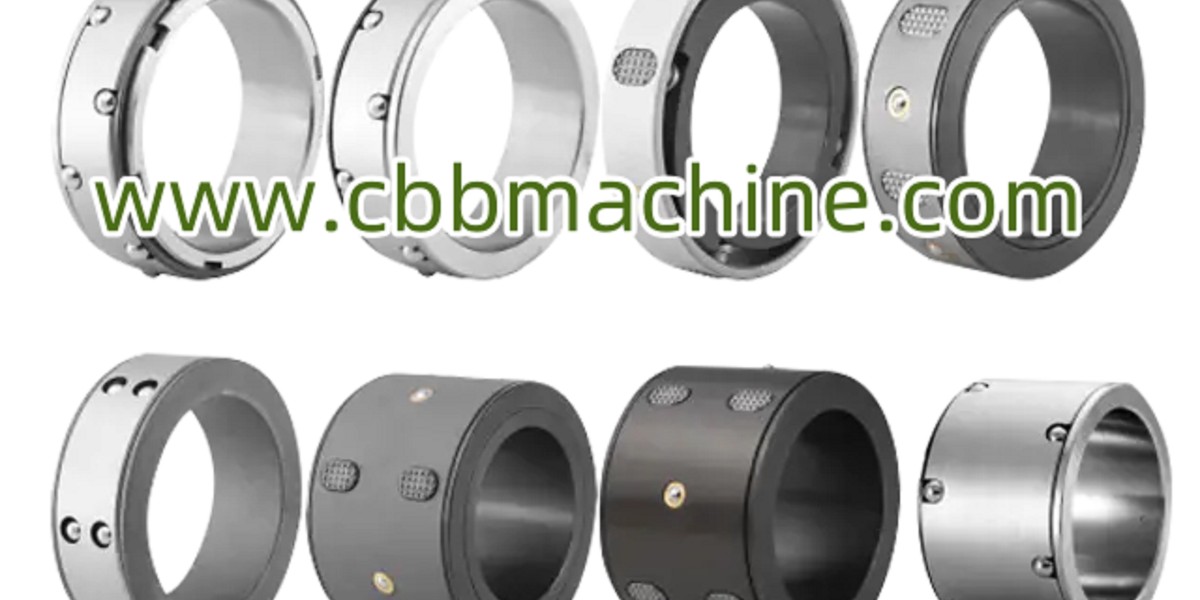In modern roll-to-roll processing systems, achieving independent web tension and accurate positioning is essential, which is why many manufacturers rely on a Differential Shaft to optimize their production efficiency.
This type of shaft plays a crucial role in the converting industry, particularly in slitting, rewinding, and laminating applications. It allows multiple rolls on a single shaft to rotate at variable speeds, compensating for material thickness differences, tension changes, and core size variations. This level of flexibility prevents web breakage, material waste, and uneven winding.
A differential shaft is designed with frictional elements or ball lock mechanisms that allow torque to be transmitted independently to each core. Unlike traditional fixed shafts, it adapts to the specific tension needs of each roll. This ability to dynamically adjust during operation ensures better alignment and cleaner roll edges—especially critical in high-precision industries such as packaging film, adhesive tape, nonwoven fabric, or aluminum foil processing.
From an engineering perspective, the shaft’s structure supports high-speed operation with low vibration. The internal elements can be customized to different torque ranges, core materials (like paper, plastic, or metal), and shaft diameters. This means the same differential shaft model can be tailored to meet the unique technical demands of each production line.
A major benefit of using a differential shaft is the reduction of downtime. Operators can load and unload cores more quickly due to the self-adjusting mechanism. Also, since all cores wind evenly, there's less need to stop the machine to fix misalignment or tension issues. This contributes to increased overall productivity.
Additionally, the longevity of these shafts makes them a cost-effective investment. With proper maintenance and quality manufacturing—such as what companies like CBBMachine offer—these shafts can operate for years without requiring major repairs or replacements.
The rise of automation has further highlighted the importance of components like differential shafts. As production lines become faster and more intelligent, every piece of the system must function with precision and reliability. A differential shaft enhances tension control automation, allowing feedback loops and sensors to monitor winding status and make instant adjustments.
In summary, adopting differential shaft technology is a practical step forward for companies looking to improve their web handling process. It ensures precision, reduces waste, and maintains high-quality output across multiple materials and formats.
For more technical details and customization options, visit www.cbbmachine.com







